
- Article
- Article
The relationship between science and art
Often seen as opposites, science and art both depend on observation and synthesis.
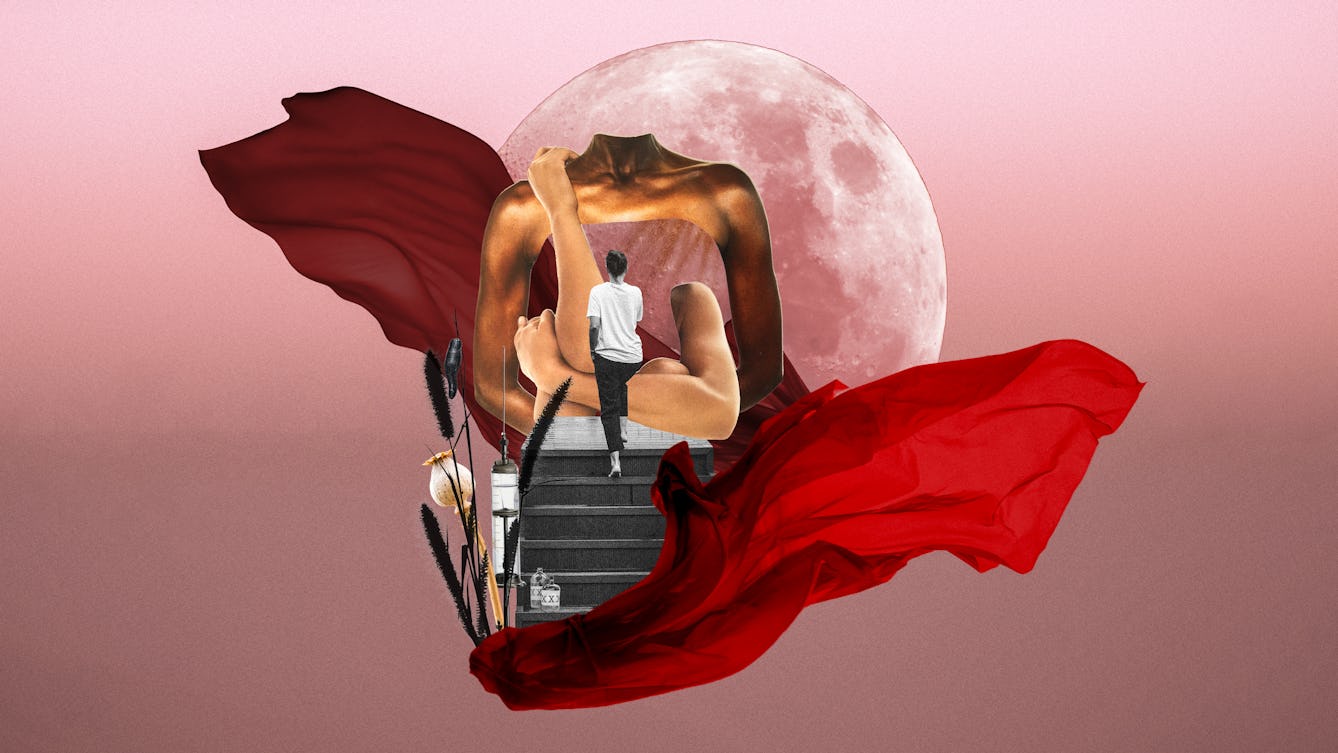
- Article
- Article
Blood
Discover the history, mythology and taboos around blood and menopause, and hear from some contemporary voices about their experiences of periods and the onset of menopause.

- Article
- Article
Nymphomania and hypersexuality in women and men
The history of nymphomania is closely bound with society's views on women and their sexuality.
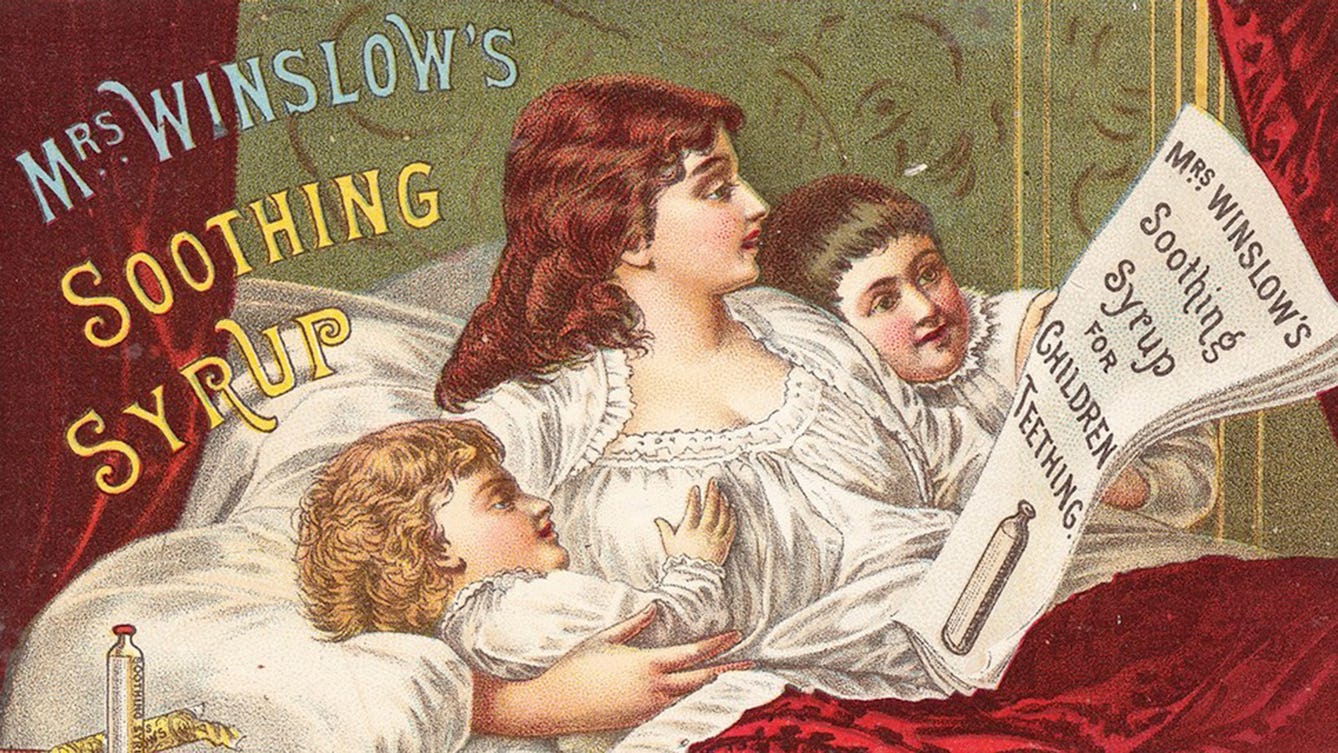
- Article
- Article
The poor child’s nurse
Charming family scenes in Victorian ads for children’s medicines were at odds with some of the dangerous ingredients they contained.
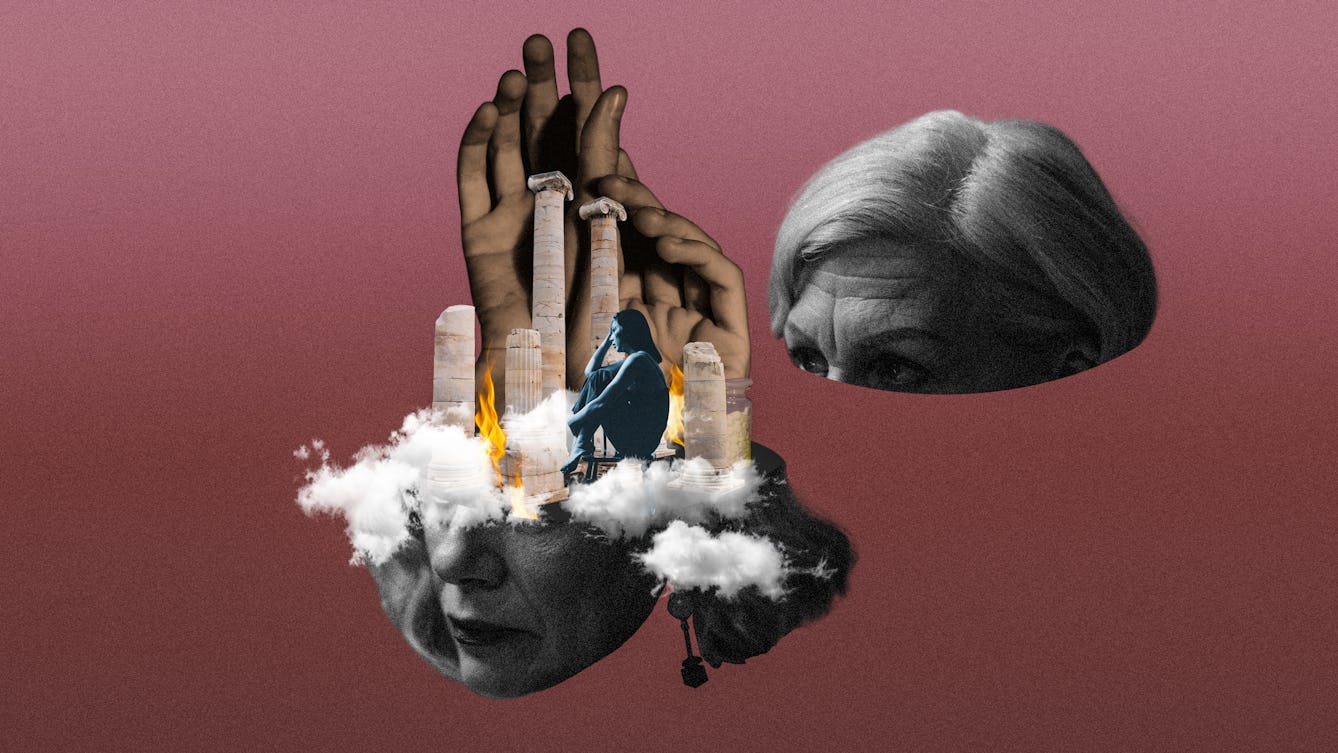
- Article
- Article
Hysteria
Mental health and emotional symptoms are common during menopause, but a long history of dismissing sufferers as 'hysterical women', at the mercy of their emotions has made it much harder to discuss these issues and to get support.

- Article
- Article
The hidden history of homesickness
Gail Tolley delves into the history of homesickness and discovers that its rich past holds a clue to how we view the experience today.
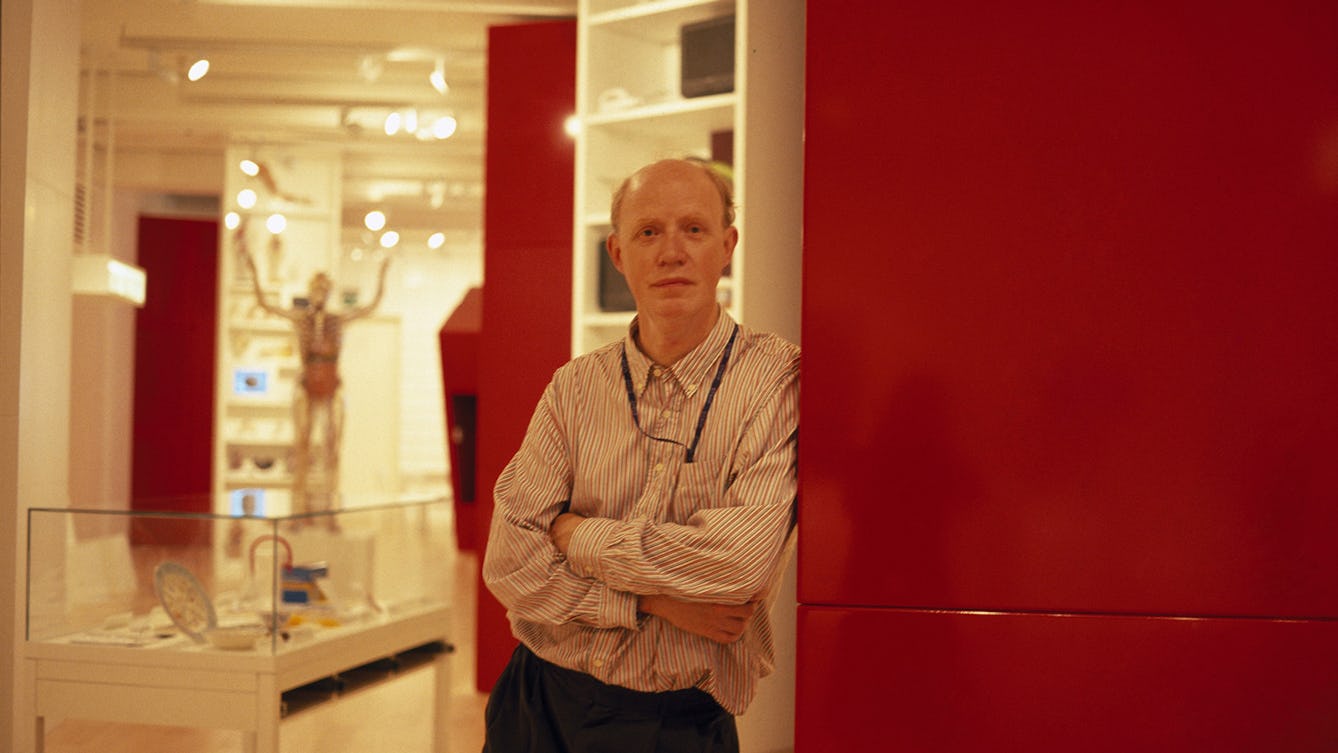
- Article
- Article
Ken’s ten: looking back at ten years of Wellcome Collection
Wellcome Collection founder Ken Arnold picks his favourite exhibits.

- Article
- Article
Deadly doses and the hardest of hard drugs
The invention of the modern hypodermic syringe meant we could get high – or accidentally die – faster than before. Find out how this medical breakthrough was adapted for deadly uses.

- Article
- Article
Mary Morris-Knibb, a woman of courage and ability
A Jamaican election banner reveals the story of a pioneering women’s rights campaigner who continues to inspire 80 years on.
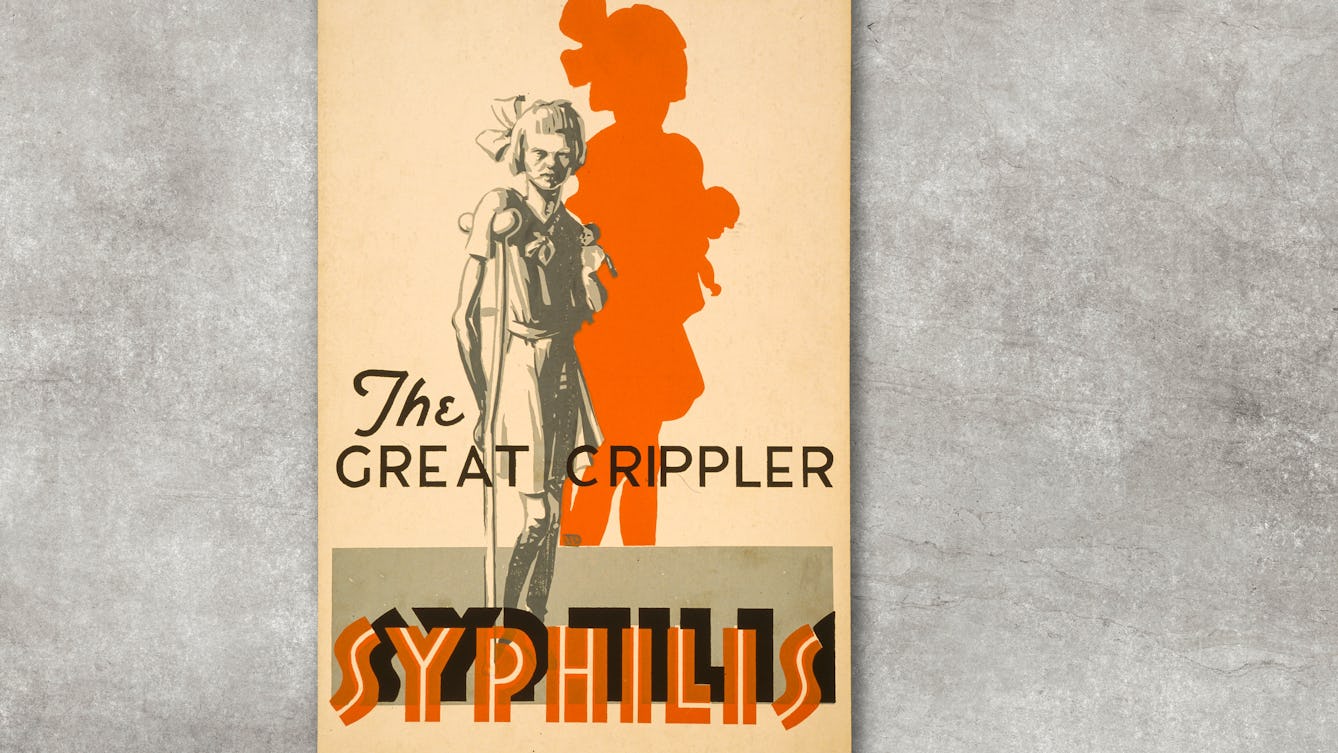
- Article
- Article
Public health campaigns and the ‘threat’ of disability
By continuing to represent disability as the feared outcome of disease, public health campaigns help to perpetuate prejudice against disabled people.

- Article
- Article
It’s getting mighty crowded
Mid-20th-century population-density research on mice produced a whiskered apocalypse, predicted to become the fate of humans too. But perhaps a more compassionate approach could fend this off.

- Article
- Article
Hunting lost plants in botanical collections
A bark specimen at Kew recalls the story of a South American man who harvested the most potent source of the only effective malaria treatment available in the late 1800s. Killed for his work and forgotten by history, Manuel Mamani was a victim of the colonial juggernaut.

- Article
- Article
The big freeze
In recent years we’ve come to realise that global heating is our biggest threat. But it’s hard to shake off the fear of a return to ice-age conditions, the predominant narrative since the late 17th century.

- Article
- Article
The ‘epileptic’ in art and science
From scarred outsiders in literature to the cold voyeurism of medical films and photography, people who experience seizures and epilepsy are rarely shown in a compassionate light in popular culture.
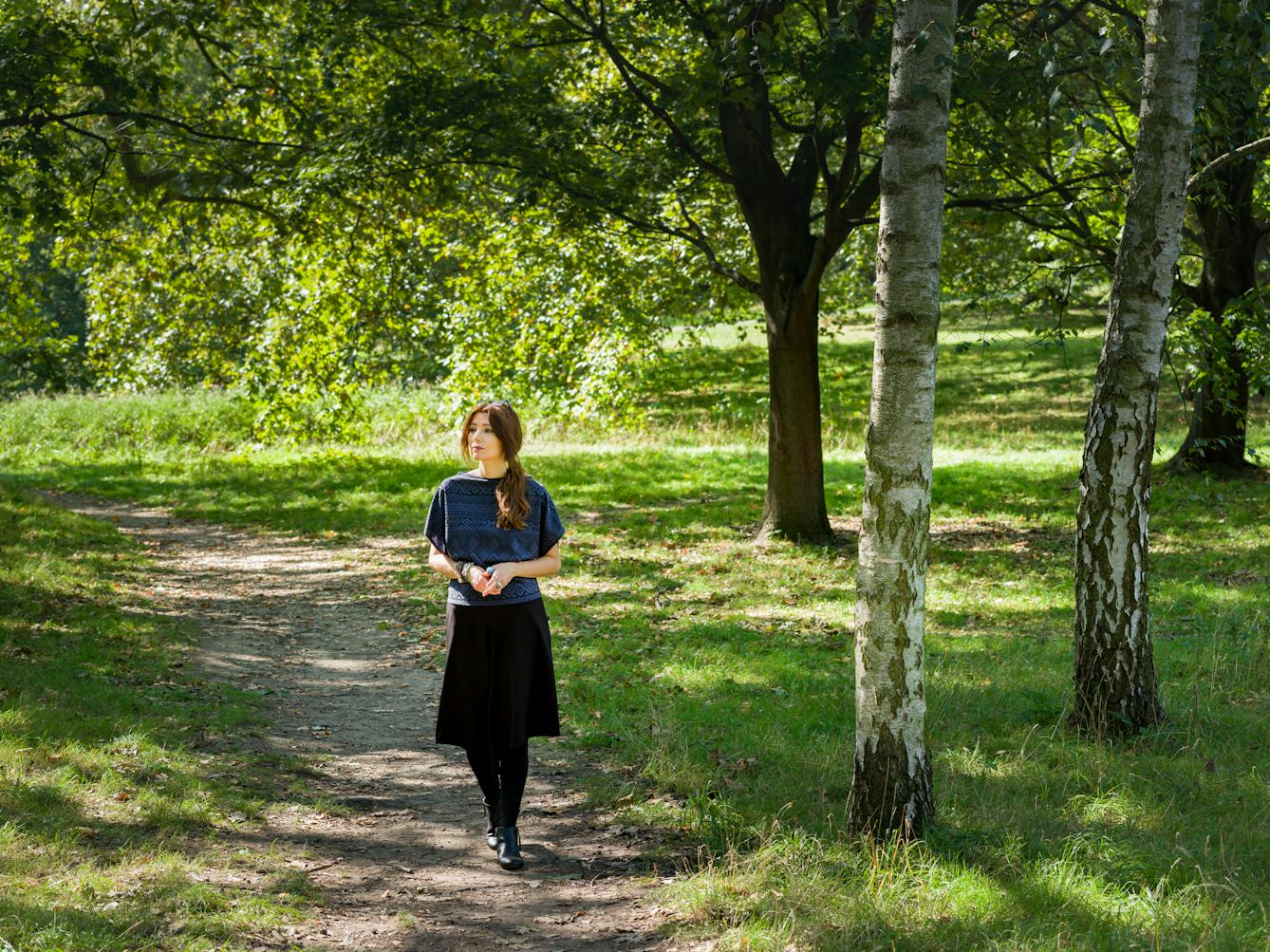
- Book extract
- Book extract
How stories bring us together
Elif Shafak considers how hard it is to be heard in our divided world, but how listening can nurture wisdom, connection and empathy.

- Book extract
- Book extract
Your gut’s instincts
Cultural historian Elsa Richardson explores the stomach’s influence over our emotions, and why trusting your gut is often good advice.

- Article
- Article
How tuberculosis became a test case for eugenic theory
A 19th-century collaboration that failed to prove how facial features could indicate the diseases people were most likely to suffer from became a significant stepping stone in the new ‘science’ of eugenics.
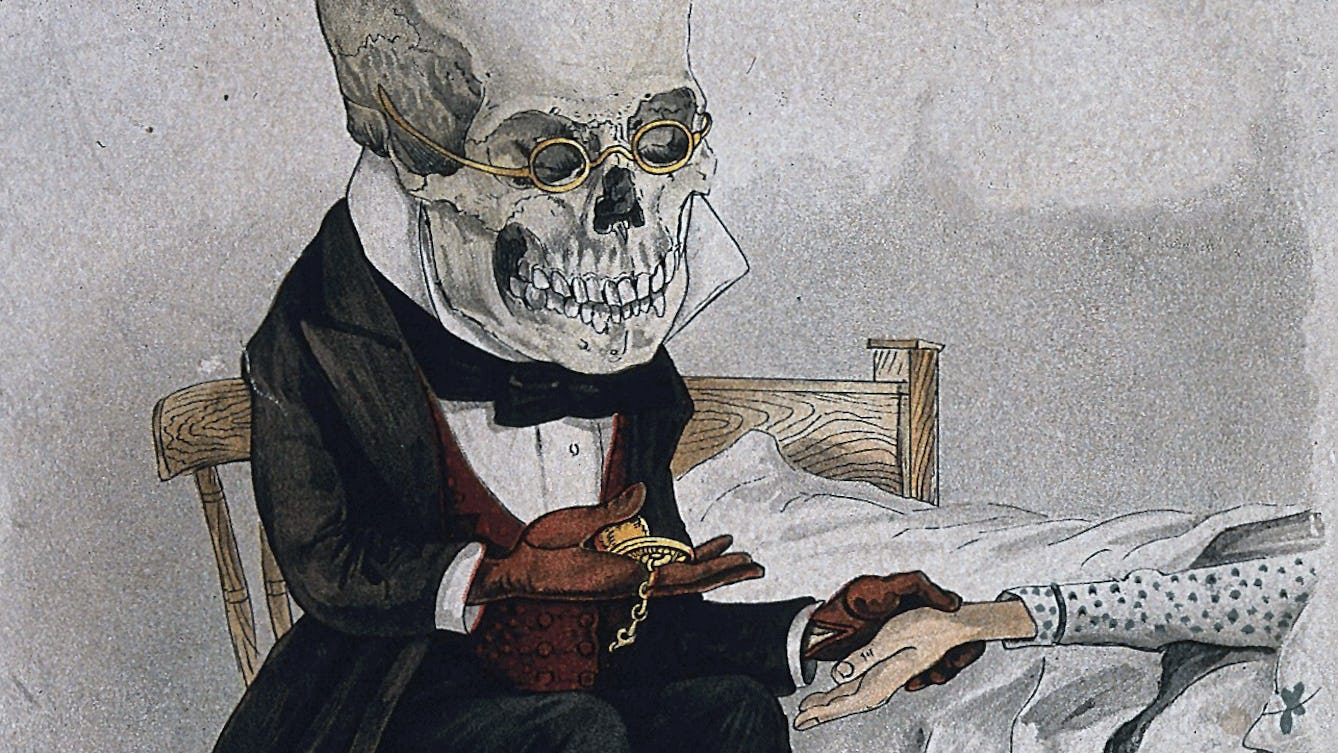
- Article
- Article
Diagnosing the past
Historical texts rarely supply enough detail for a definitive diagnosis, so medical historians need to proceed with caution.

- Article
- Article
Does mass media pave the way to fascism?
In the aftermath of World War II, psychoanalysts found the psychological roots of authoritarianism closer to home than was comfortable.
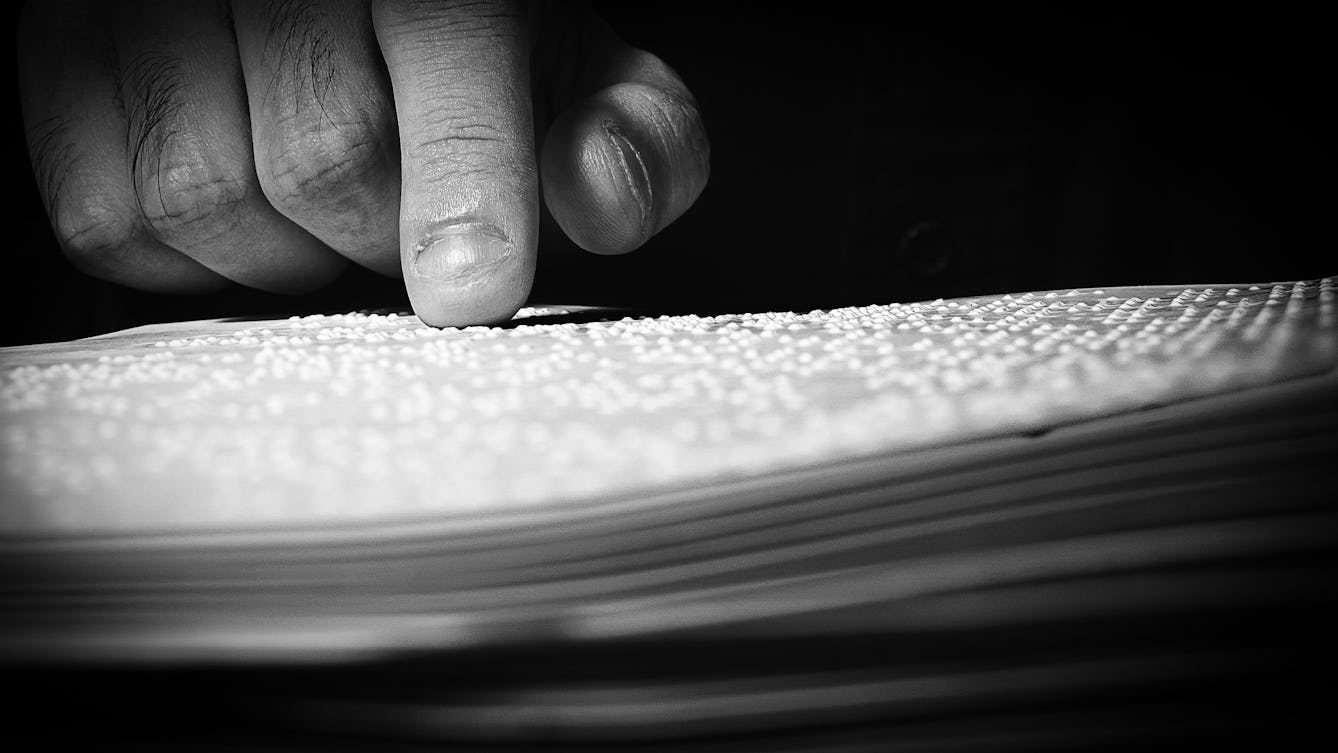
- Article
- Article
Bringing Braille back to the modern world
For anyone who thinks Braille is so last century, read on. New tech is helping dust Braille down and bring it to today’s visually impaired people.

- Article
- Article
Vivekananda’s journey
How a young Indian monk’s travels around the world inspired modern yoga.

- Article
- Article
The conditional child
Deanna Fei asks what it means to sustain a life, drawing on her own experience of having a premature baby as well as an 18th-century essay.

- Article
- Article
Two health centres, two ideologies
Two futuristic, light-filled buildings aimed to bring forward-looking healthcare to city dwellers. But the principles behind each were very different.
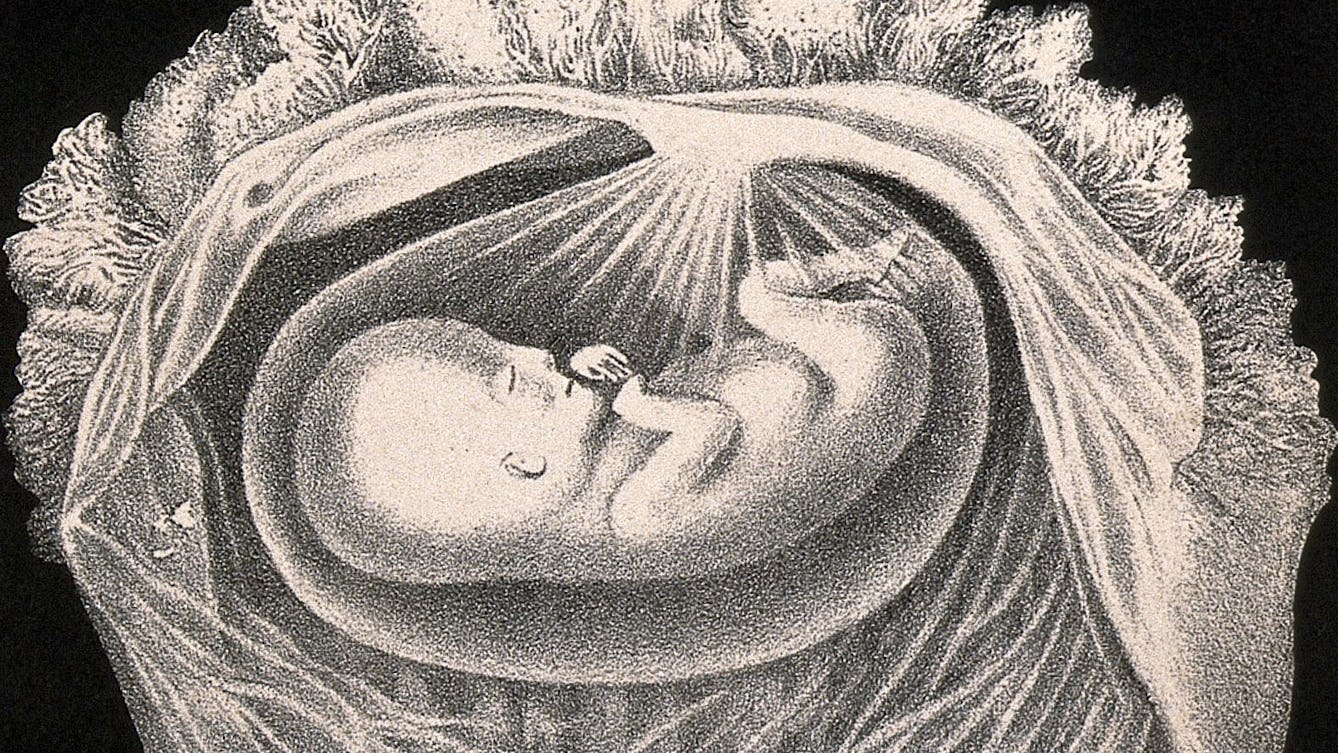
- Article
- Article
The quest to breed gifted children
If you had the chance, would you choose a genius baby?
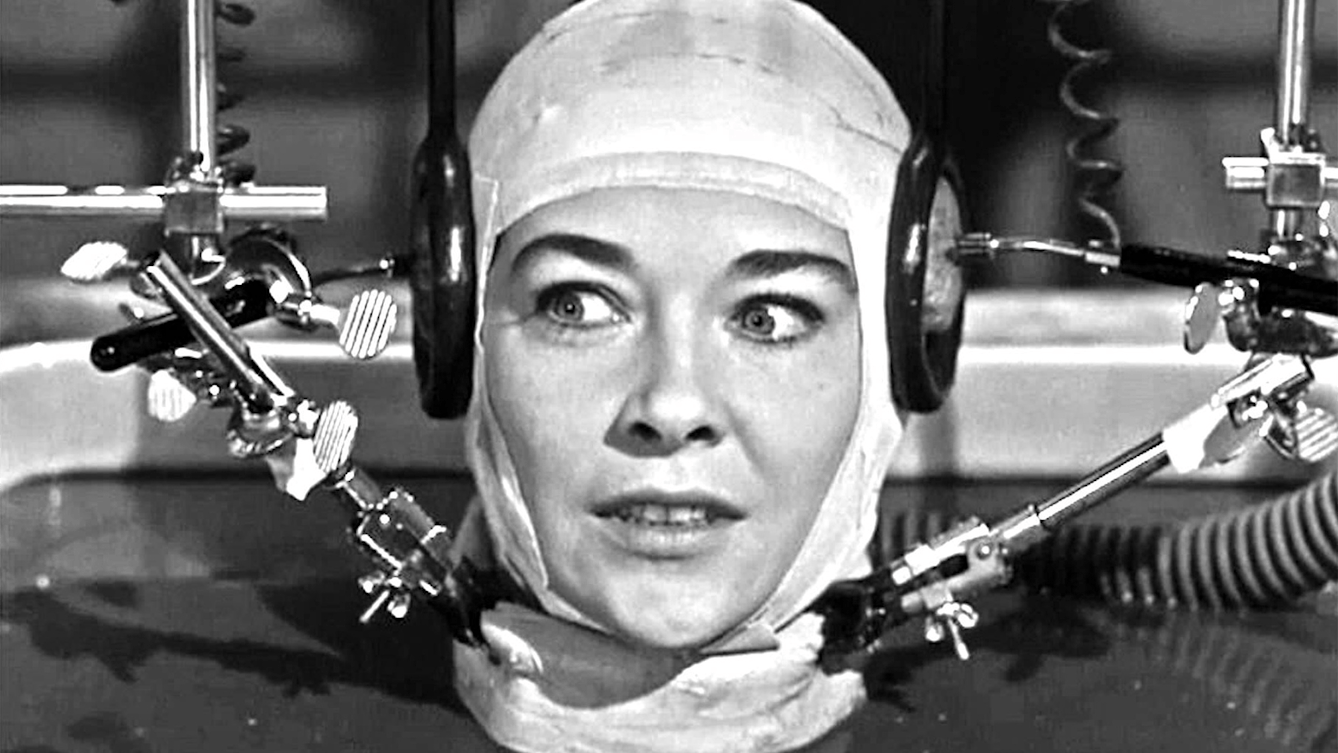
- Article
- Article
A head apart from the body
We look to the future of science via science fiction to explore how a head may live apart from its body.